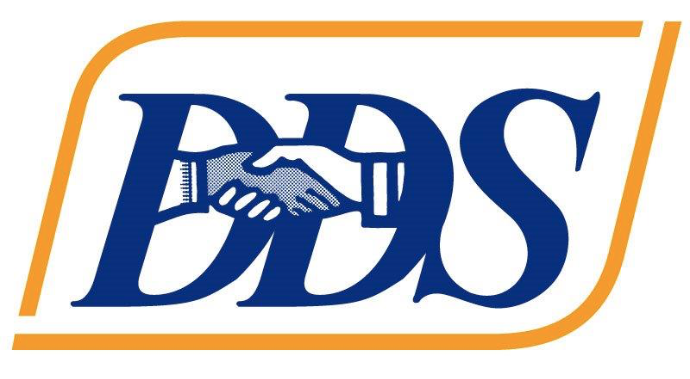On Friday, August 31 the California Department of Developmental Services (DDS) published a new directive, effective September 1, 2020, outlining the policies and procedures for reimbursement of claims for providing nonresidential services using alternative approaches during the COVID-19 State of Emergency. The stated purpose of the directive is to “permit Alternative Services that meet the individual needs of consumers, sustain the state’s developmental services provider network, and continue receipt of federal reimbursement for services provided to consumers during the COVID-19 State of Emergency.”
The directive is a response to urgent concerns across the state that direct support staff were being laid off and clients were not being reached as a result of continued forced closures of nonresidential services (e.g. day programs, transportation) due to the ongoing public health crisis.
Last week DDS hosted several webinars to clarify the directive and answer questions from families and service providers. Below are some of the clarifications and answers provided during the presentations; the department will publish more guidance and FAQs soon:
- Alternative Services are not mandatory. If a client is currently receiving the same service they were receiving prior to the pandemic, even if that same type of service is now being provided remotely, then it is not considered an Alternative Service, and providers will bill for those services as they did prior to the pandemic.
- If a provider is providing both traditional and Alternative Services for the same client then the provider shall bill under the Alternative Services method for the entirety of services provided for that client.
- A service provider will need to submit their certification to their regional center prior to submitting their first billing for Alternative Services.
- If a client begins receiving services in September or October they will not have a historical monthly average of service to use to bill for Alternative Services. The department acknowledges this concern and will publish guidance on this soon.
- September, 2020
- Providers engage consumers and families about service options, initiate individual service plans (ISP), and provide Alternative Services.
- Regional Centers send a confirmation letter to the client/family.
- A symposium on Alternative Services, including a series of webinars to highlight innovative approaches to service delivery.
- October, 2020
- Providers finalize ISP for each client and provide Alternative Services.
- November, 2020
- Rates will no longer be formulated using historical monthly averages per client, but instead the department will publish new rates to be used for Alternative Services.
Clients, families, and providers should contact their regional center with any questions, or questions can be directed to the department at DDSC19Directives@dds.ca.gov.

